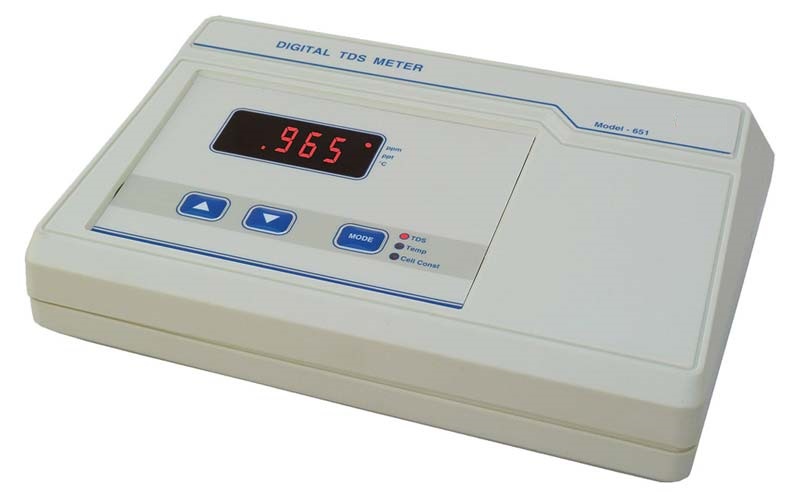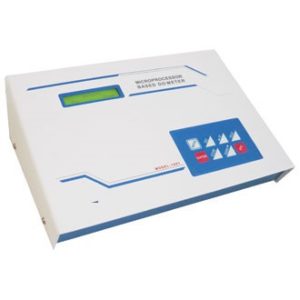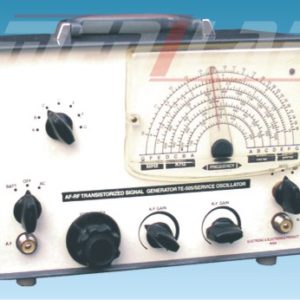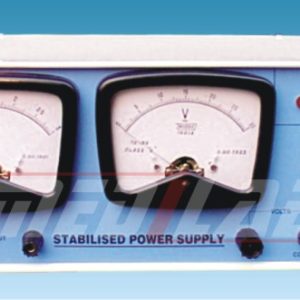Description
Digital Conductivity TDS Salinity Meters (total dissolved solids) are instruments used to measure the electrical conductivity, TDS, and salinity of a liquid solution. These instruments use a digital readout display to indicate the measured value.
The working principle of the conductivity meter is based on the measurement of the electrical conductivity of a solution, which is affected by the concentration of dissolved ions in the solution. TDS and salinity meters are able to calculate the TDS and salinity based on the electrical conductivity value.
Digital conductivity TDS salinity meters are commonly used in a variety of industries such as water treatment, agriculture, food and beverage, and environmental monitoring. They are also used in laboratories for research and quality control purposes.
These meters typically consist of a probe with two electrodes that are inserted into the solution to be measured, a microprocessor-controlled system, and a digital display. The probe is able to measure the electrical conductivity of the solution and convert it to TDS or salinity values based on calibration factors and algorithms stored in the microprocessor-controlled system.
The advantages of using digital conductivity TDS salinity meters include their accuracy, speed, and ease of use. They are also more convenient than traditional methods of measurement, such as titration or chemical analysis, which can be time-consuming and require more extensive sample preparation.







